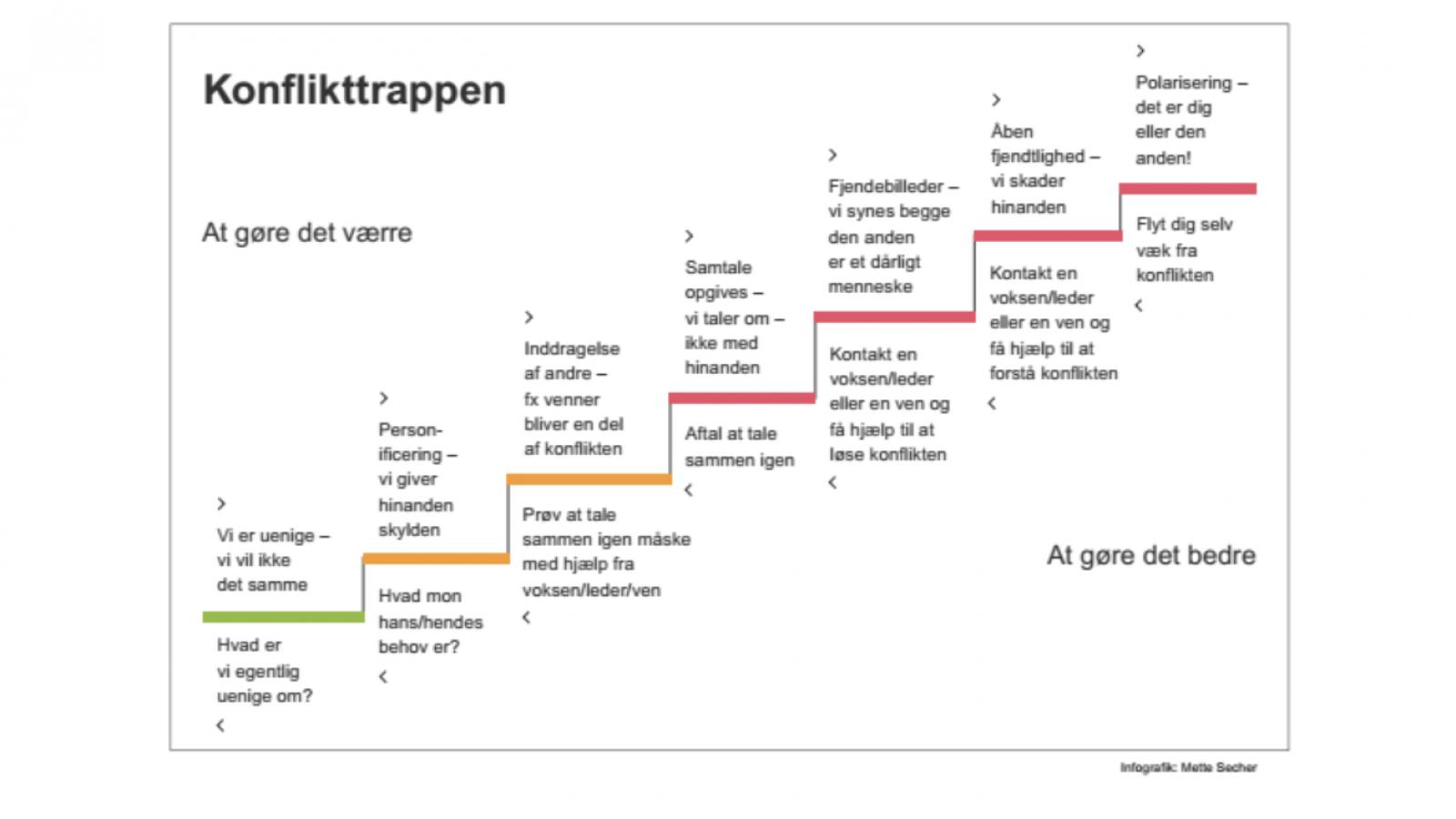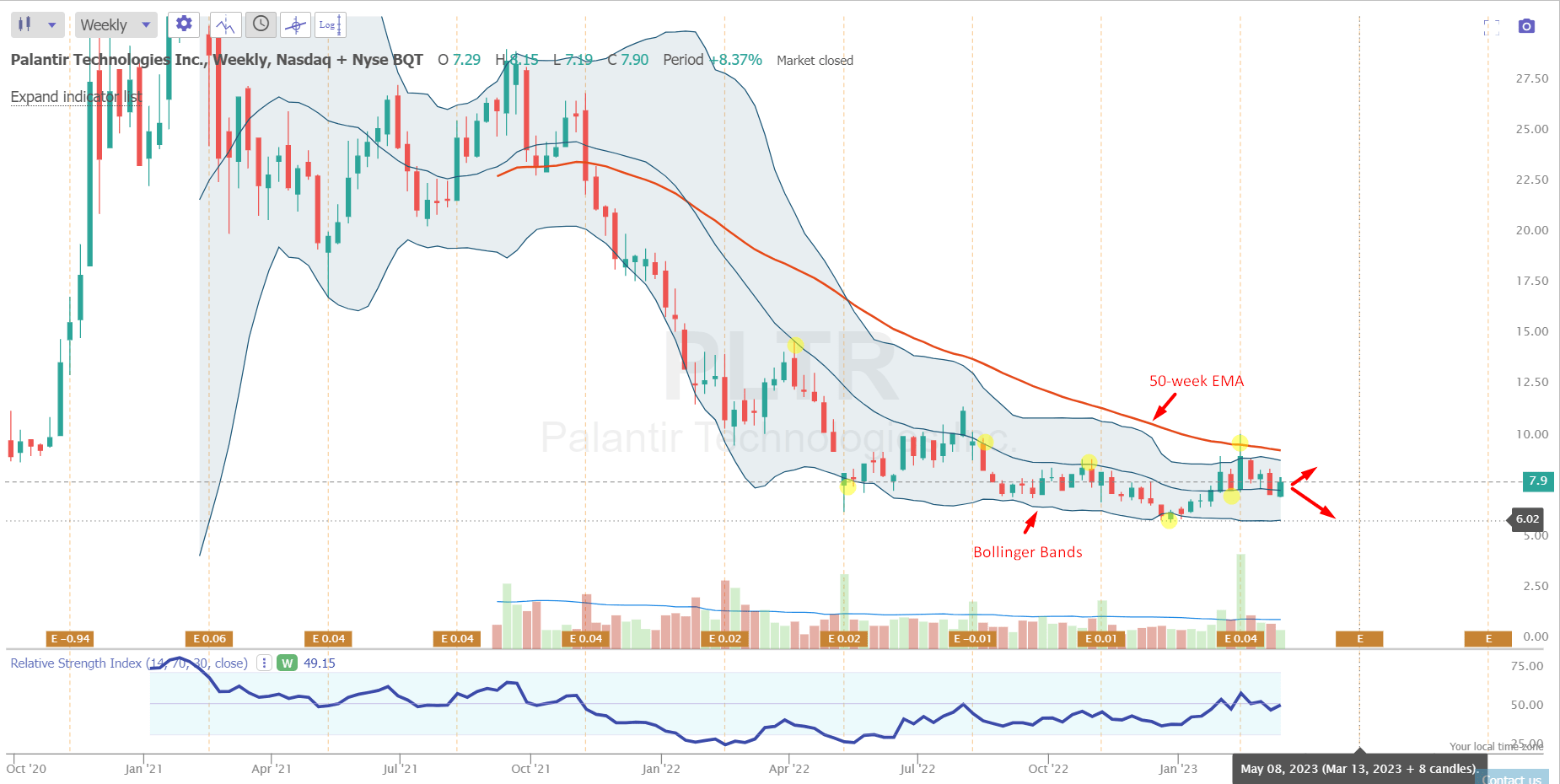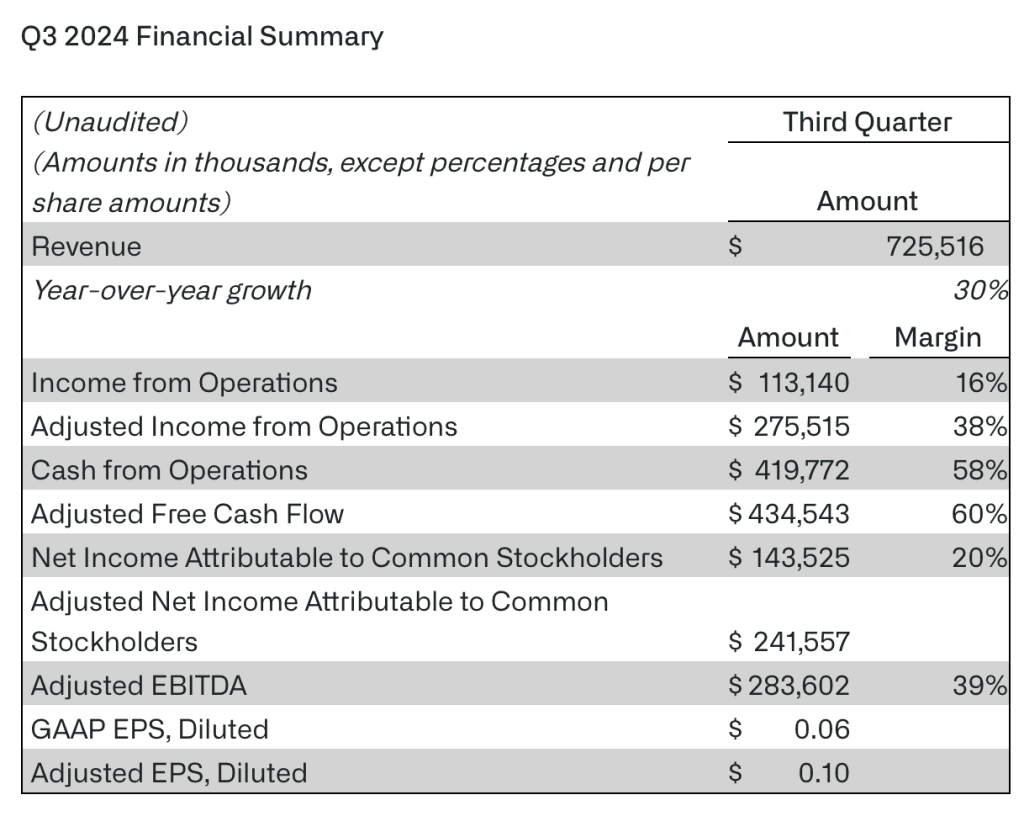The Privilege Dilemma: Implications For WTO Accession

Table of Contents
Negotiating Market Access: The Core of the Privilege Dilemma
Negotiating market access lies at the heart of the WTO accession process, and it’s here that the privilege dilemma is most apparent. Securing membership requires significant concessions, forcing countries to confront difficult trade-offs.
Tariff Reductions and Non-Tariff Barriers
A cornerstone of WTO accession is the commitment to substantial tariff reductions. This means lowering or eliminating import taxes on a wide range of goods, often impacting domestic industries significantly. Furthermore, countries must address non-tariff barriers (NTBs), such as sanitary and phytosanitary (SPS) regulations and technical barriers to trade (TBT). These regulations, while often intended to protect public health and safety, can act as significant trade impediments if not aligned with WTO standards.
- Compromise on sensitive sectors: Accession often necessitates compromises on sectors considered strategically important to the national economy, leading to concerns about potential job losses and economic vulnerability.
- Impact on domestic industries: Lower tariffs can expose domestic industries to increased foreign competition, potentially leading to restructuring, consolidation, or even the demise of certain businesses.
- Need for capacity building to meet WTO standards: Compliance with WTO rules often requires substantial investment in capacity building, including upgrading infrastructure, improving regulatory frameworks, and training personnel. This can be a considerable financial and logistical challenge, particularly for developing countries.
Service Sector Liberalization
Beyond goods, WTO accession also involves opening up service sectors, such as finance, telecommunications, and transportation. This liberalization can foster economic growth and efficiency through increased competition. However, it also raises concerns about national security and the protection of vital domestic services.
- Foreign investment implications: Opening service sectors can attract significant foreign investment, but this might also lead to concerns about foreign control over key industries.
- Potential job displacement in some sectors: Increased competition from foreign service providers can lead to job losses in certain sectors, requiring retraining and support for affected workers.
- Need for safeguards to protect vital services: Countries need to find ways to balance the benefits of liberalization with the need to protect services considered essential for national security or social welfare.
Dispute Settlement and Sovereignty
The WTO's dispute settlement mechanism (DSM) is a crucial component of the multilateral trading system. However, its effectiveness in resolving trade disputes can also pose a challenge to national sovereignty.
Acceptance of WTO Dispute Settlement Mechanism
Accession requires accepting the WTO's DSM, implying a willingness to abide by rulings even if they contradict national policies or interests. This relinquishing of some control over trade policy can be seen as a compromise of national sovereignty.
- Potential for unfavorable rulings: Countries risk facing unfavorable rulings that could force them to change their laws or regulations, potentially impacting domestic industries or policy objectives.
- Impact on national laws and regulations: Compliance with WTO rulings might necessitate revising national laws and regulations, requiring substantial legislative and administrative adjustments.
- Balancing sovereignty with the benefits of a rules-based system: Countries must carefully weigh the potential loss of control over trade policy against the benefits of a rules-based system that promotes predictability and stability in international trade.
Transparency and Regulatory Reform
WTO accession demands increased transparency in government policies and regulatory processes. This greater scrutiny can put pressure on countries to align their policies with WTO rules, even if those rules conflict with national priorities.
- Increased accountability to international standards: Greater transparency exposes national policies and practices to international scrutiny, increasing accountability to WTO rules and standards.
- Potential for challenges to national policy preferences: WTO rules can challenge national policy preferences, particularly in areas such as environmental protection, labor standards, and public health.
- Need for strong domestic institutions to manage the transition: Effective management of the transition to WTO membership requires strong domestic institutions capable of implementing reforms and ensuring compliance with WTO rules.
Development Considerations and Special and Differential Treatment
Developing countries face unique challenges in WTO accession, often juggling development goals with the obligations of membership. Access to special and differential treatment (SDT) is crucial to address these asymmetries.
Balancing Development Goals with WTO Obligations
Developing countries often need to balance their development priorities with their WTO obligations. This might involve prioritizing certain development objectives, such as poverty reduction or industrial diversification, even if it means a slower pace of trade liberalization.
- Technical assistance and capacity building: Developing countries often require substantial technical assistance and capacity building to meet WTO requirements and implement necessary reforms.
- Longer transition periods for implementation of agreements: SDT provisions often include longer transition periods for implementing WTO agreements, giving developing countries more time to adjust to new rules and regulations.
- Addressing asymmetry in bargaining power: SDT aims to address the asymmetry in bargaining power between developed and developing countries during WTO negotiations.
The Role of Aid and Technical Assistance
International support through aid and technical assistance plays a pivotal role in supporting developing countries through the WTO accession process. This support mitigates the negative impacts of the privilege dilemma, easing the transition and helping countries realize the benefits of membership.
- Support for regulatory reforms: Aid can fund technical assistance to support regulatory reforms necessary for compliance with WTO rules.
- Investment in infrastructure and human capital: International support can help invest in infrastructure and human capital development, building the capacity to participate effectively in the global trading system.
- Negotiating favorable trade agreements: Aid can assist in negotiating favorable trade agreements that address the specific needs and development priorities of developing countries.
Conclusion
The "privilege dilemma" inherent in WTO accession presents considerable challenges for aspiring members. Successfully navigating the complexities of market access negotiations, accepting the WTO's dispute settlement mechanism, and balancing development goals with WTO obligations requires careful planning, strong institutions, and substantial international support. Understanding and proactively addressing these implications is crucial for a successful accession process that maximizes the benefits while mitigating potential risks. For countries considering WTO accession, a comprehensive strategy that carefully weighs the potential benefits against the implications of the privilege dilemma is essential for a smooth and successful integration into the global trading system. Further research into mitigating the challenges of WTO Accession and Privilege is vital to ensure equitable and sustainable development within the WTO framework.

Featured Posts
-
 Is John Wicks Most Underrated Character Finally Returning
May 07, 2025
Is John Wicks Most Underrated Character Finally Returning
May 07, 2025 -
 Ny Stjaernturnering Nhl Ledningen I Konflikt
May 07, 2025
Ny Stjaernturnering Nhl Ledningen I Konflikt
May 07, 2025 -
 Onet Le Chateau Et Le Lioran Un Sejour Reussi
May 07, 2025
Onet Le Chateau Et Le Lioran Un Sejour Reussi
May 07, 2025 -
 Mercredi Jenna Ortega Raconte Sa Rencontre Avec Lady Gaga
May 07, 2025
Mercredi Jenna Ortega Raconte Sa Rencontre Avec Lady Gaga
May 07, 2025 -
 Simone Biles Wash U Commencement Speech Inspiring Graduates
May 07, 2025
Simone Biles Wash U Commencement Speech Inspiring Graduates
May 07, 2025
Latest Posts
-
 Should You Buy Palantir Technologies Stock In 2024
May 10, 2025
Should You Buy Palantir Technologies Stock In 2024
May 10, 2025 -
 Palantirs Path To A Trillion Dollar Market Cap A 2030 Forecast
May 10, 2025
Palantirs Path To A Trillion Dollar Market Cap A 2030 Forecast
May 10, 2025 -
 Is Palantir Technologies Stock A Buy Now A Comprehensive Analysis
May 10, 2025
Is Palantir Technologies Stock A Buy Now A Comprehensive Analysis
May 10, 2025 -
 Palantir Stock Rally Prompts Analyst Forecast Revisions
May 10, 2025
Palantir Stock Rally Prompts Analyst Forecast Revisions
May 10, 2025 -
 Palantir Stock Investment Outlook Before May 5th Earnings
May 10, 2025
Palantir Stock Investment Outlook Before May 5th Earnings
May 10, 2025
